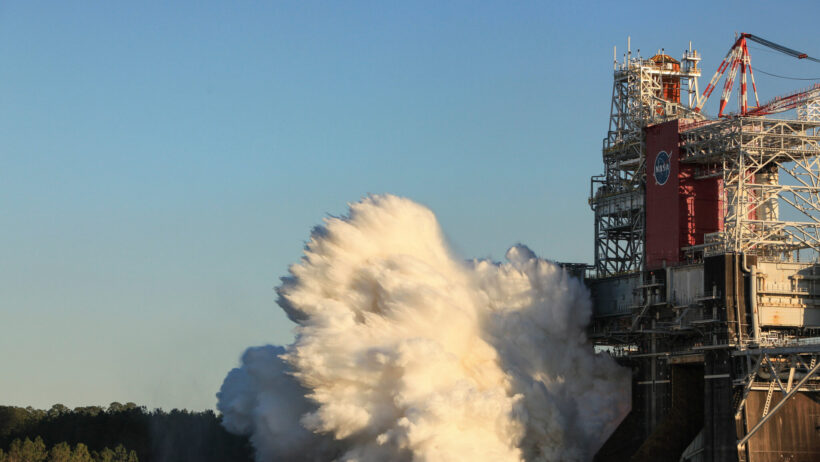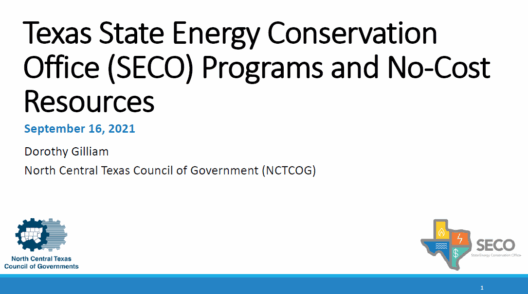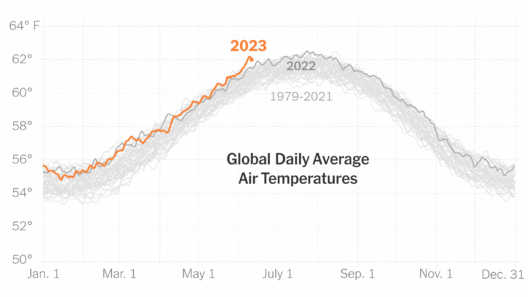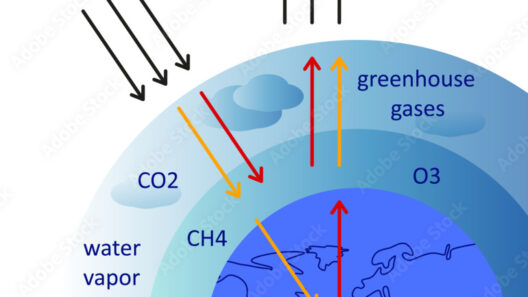In the vast expanse of the scientific community, the discourse surrounding climate change often feels like a grand symphony, with each country contributing its unique melody. Among these global notes, Russian scientists offer a particularly nuanced refrain. As a cold expanse where the icy winds of Siberia meet the frenetic industrial developments, Russia finds itself at a pivotal crossroads regarding the acknowledgment and understanding of global warming.
Historically, Russia has had a complex relationship with environmental issues, often influenced by its geopolitical aspirations and economic interests. The country’s vast landscapes, including tundras, forests, and Arctic seas, serve as both laboratory and canvas, exemplifying the multifaceted impacts of climate change. While one might think that a nation so intimately connected to these environments would readily accept the realities of a warming world, the situation is, in fact, intricately layered.
First, it is essential to recognize that the scientific consensus on climate change exists not in a vacuum but against a backdrop of varying political agendas. Russian scientists, much like their counterparts in other countries, are not immune to the influences of the broader societal climate. Some researchers acknowledge the phenomenon of global warming, presenting data that elucidates its potential threats—melting ice in the Arctic, changing migratory patterns, and unpredictable agricultural yields. Ironically, even as they grapple with frigid temperatures, their findings suggest an era of unprecedented change.
For instance, the Arctic region has witnessed warming at rates two to three times higher than the global average. This harrowing statistic does not only serve as an alarming alert for Russian biologists and climatologists; it is a clarion call for the global community. Scientific studies indicate that biodiversity unique to the Arctic is under direct threat, yet responses have been mired in political ambivalence.
On the flip side, there exists a faction among Russian scientists who approach global warming with skepticism, perceiving it as a Western construct designed to impede Russia’s economic progress. This skepticism is particularly prevalent among those aligned with state rhetoric. Economic dependency on fossil fuels has led to a reluctance in fully endorsing climate change narratives that might jeopardize lucrative industries. Herein lies a metaphorical wall—an insulation that separates scientific clarity from political bias.
The perception among scientists can vary dramatically based on regional disparities within Russia itself. In urban centers like Moscow and St. Petersburg, many researchers engage in international collaborations, frequently attending global climate conferences and championing environmental initiatives. In such circles, there is a palpable acknowledgment of climate change as a pressing issue that necessitates urgent action. However, when moving away from these epicenters, particularly to the resource-rich, economically driven regions, the consensus weakens, much like the thinning ice caps of the Arctic.
Additionally, Russia’s rich tradition of scientific exploration contributes to a unique international perspective. Many prominent Russian scientists have made groundbreaking contributions to the fields of environmental science and climatology, yet their voices often become overshadowed by nationalistic rhetoric. As they navigate the delicate balance between scientific integrity and national pride, the question remains: can their insights penetrate the clouds of skepticism and unveil the truth about global warming?
Another unique aspect of the Russian understanding of climate change stems from its historical context. The legacy of the Soviet era built a scientific community that valued empirical research but was often stifled by bureaucratic oversight. This has left a lingering hesitation amongst some scientists to fully endorse claims of anthropogenic climate change, perhaps fearing reprisal or facing scrutiny from governmental bodies. In this way, science in Russia dances on a tightrope—a balancing act between the pursuit of knowledge and the socio-political environment.
Furthermore, the implications of climate change in Russia extend beyond mere scientific discourse. The physical manifestations of warming—the thawing permafrost and increasingly severe weather patterns—serve as ominous harbingers of future crises. Indigenous communities, whose very livelihoods depend on stable ecosystems, face existential threats that demand a recalibrated focus on sustainable practices. Climate change, therefore, is not simply a distant phenomenon, but a profound reality that transforms lives on a daily basis.
As conversations about climate change continue to swell, bridging the gap between diverse scientific perspectives is paramount. This discourse transcends borders, urging countries, including Russia, to advocate for collaborative strategies aimed at combating the impending crisis. Sharing insights from researchers across various nations can enrich the dialogue, ensuring that the collective understanding of global warming is nuanced and robust.
In summary, the question of whether Russian scientists believe in global warming is not merely a binary answer. Instead, it reveals a complex tapestry woven from threads of science, politics, and societal values. Within this intricate web, the voices of those acknowledging climate change intermingle with those expressing skepticism, creating a dialogue both rich and fractured. As global temperatures continue to rise, the need for a cohesive understanding and action plan is critical, affording the world the chance to mitigate the worst of what lies ahead. The natural world—and the future of humanity—depends on it.







